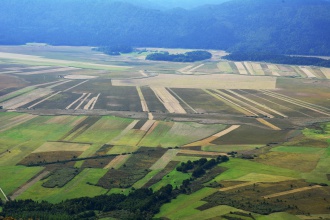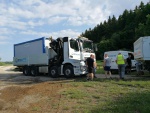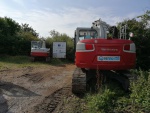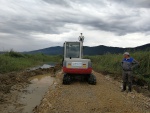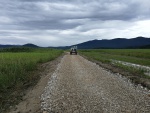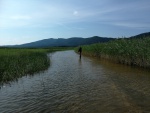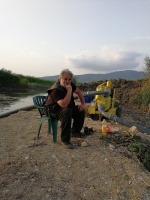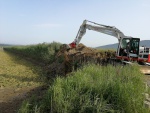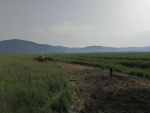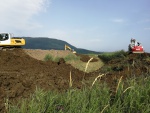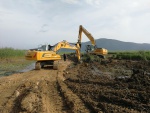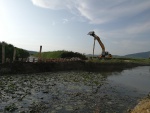Case study:Renaturation of Stržen's riverbed on intermittent Cerknica Lake
Project overview
| Status | In progress |
|---|---|
| Project web site | http://life.notranjski-park.si/en/ |
| Themes | Environmental flows and water resources, Habitat and biodiversity, Hydromorphology, Social benefits |
| Country | Slovenia |
| Main contact forename | Irena |
| Main contact surname | Likar |
| Main contact user ID | |
| Contact organisation | Notranjska Regional Park |
| Contact organisation web site | http://www.notranjski-park.si/en |
| Partner organisations | Institute of the Republic of Slovenia for Nature Conservation, The Fisheries Research Institute of Slovenia, DOPPS – BirdLife Slovenia |
| Parent multi-site project | |
| This is a parent project encompassing the following projects |
No |
Project summary
The main objective of the LIFE STRŽEN project is to improve the conservation status of the Habitats Directive priority habitat, Turloughs, by restoring the former Stržen riverbed. The watercourse will be prolonged by 1.5 km. This will have several positive effects, including an increased saturation of soil with water that will improve conditions for characteristic species of fish, invertebrates, birds and mammals. The project also aims at reducing the negative impact of visitors on the restored riverbed area and establishing quiet zones in the breeding habitat of the Eurasian bittern (Botaurus stellaris) in order to improve its breeding success. A further aim is to gain long-term support for its conservation actions among the general public, and a positive change of attitude among key stakeholders. Thus, the objectives are strongly linked to the EU Habitats and Birds directives, Biodiversity Strategy 2020, and Water Framework Directive.
Funding - EU Contribution: € 2,863,212.00
Monitoring surveys and results
Lessons learnt
Image gallery
|
Catchment and subcatchmentSelect a catchment/subcatchment
Catchment
Subcatchment
Other case studies in this subcatchment: Conservation of alluvial, Hainburg River Restoration, INTERREG MED WETNET - Memoradum on Participation in Wetland Conservation in Ljubljansko Barje Nature Park, Marsh protection in Egyek–Pusztakócs, National Park Danube-Auen, Regelsbrunner Aue, Renaturation of Stržen's riverbed on intermittent Cerknica Lake, The Bulgarian Wetlands Restoration and Pollution Reduction Project, Witzelsdorf Pilot Project
Site
Project background
Cost for project phases
Reasons for river restoration
Measures
MonitoringHydromorphological quality elements
Biological quality elements
Physico-chemical quality elements
Any other monitoring, e.g. social, economic
Monitoring documents
Additional documents and videos
Additional links and references
Supplementary InformationEdit Supplementary Information
| |||||||||||||||||||||||||||||||||||||||||||||||||||||||||||||||||||||||||||||||||||||||||||||||||||||||||||||||||||||||||||||||||||||||||||||||||||||||||||||||||||||||||||||||||||||||||||||||||||||||||||||||||||||||||||||||||||||||||||||||||||||||||||||||||||||||||||||||||||||||||||||||||||||||||||


